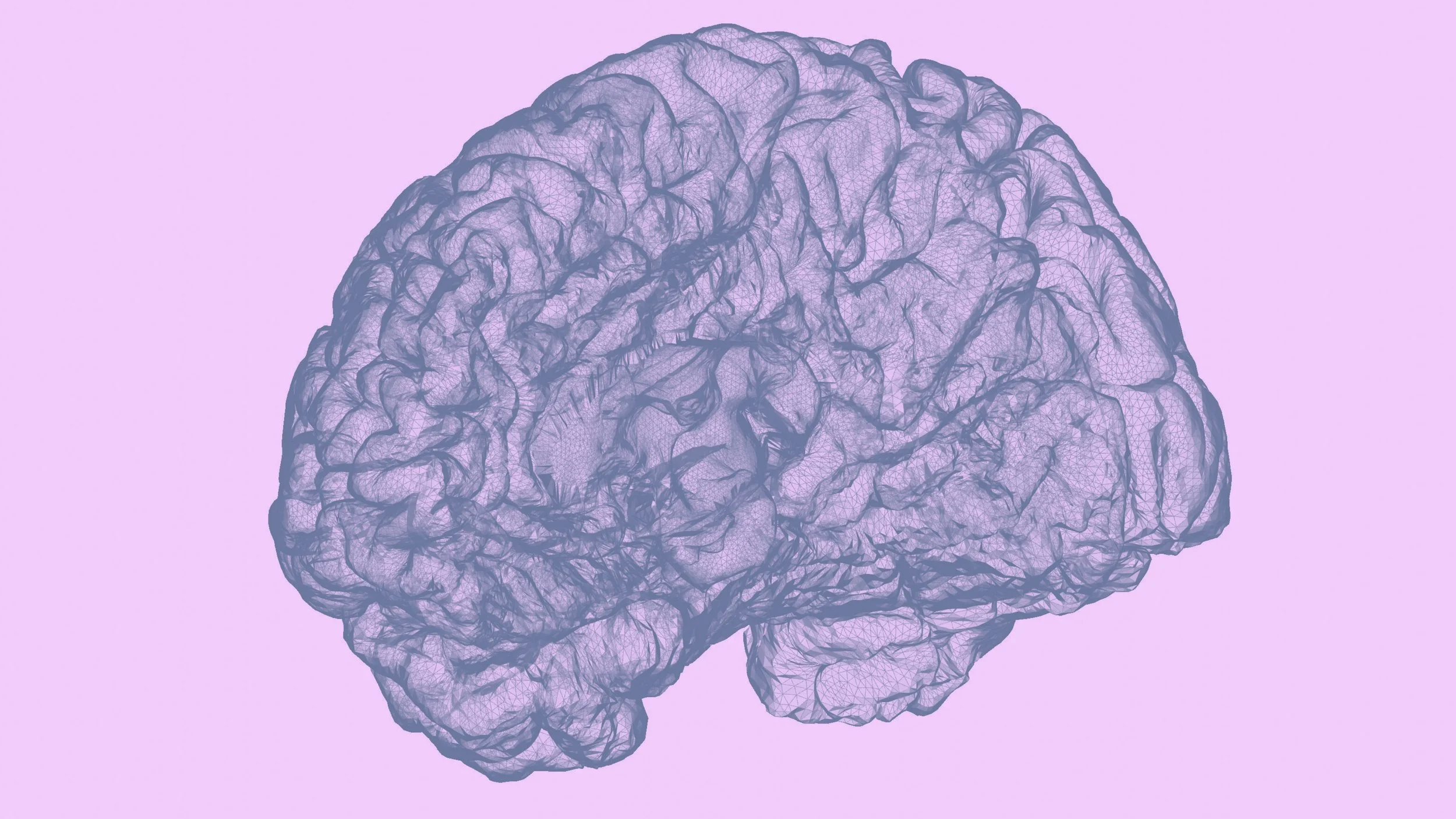Learning concept: Metacognition
The concept of metacognition was first described by the American psychologist John H. Flavell in 1976.
Metacognition means cultivating an awareness and understanding of one’s thought processes. It is also commonly described as “thinking about your thinking”, especially in relation to learning.
So what does metacognition involve? Here are the key features:
1. Goal setting and planning
Adopting a metacognitive approach begins with clearly defining your learning goals. When you know what you want to achieve and why, then you can actively planning the most appropriate strategies to get you there.
2. Reflecting on your learning
When it comes to achieving your goals, of course you want to make the best use of your time and effort.
Reflecting on your learning as you progress in order to evaluate its effectiveness and identify gaps in your knowledge helps to ensure this. In practice, this might involve asking yourself questions such as:
How well is my current approach working?
What is working?
What isn’t working?
Have I encountered similar problems before and what worked then?
3. Cultivating learning awareness by understanding yourself, the task and available learning strategies
Adopting a broad picture perspective of your own personal learning strengths and weaknesses, as well as the requirements of the task and the range of different learning strategies available further helps to maximise your time and efforts.
Different learning strategies might include:
Spaced repetition
Active recall
Mind mapping
Mnemonics
Working backwards
Root cause analysis
You can then make a considered choice about which strategies might work best for you.
In essence, metacognition means taking a proactive and pragmatic approach to your own learning in order to maximise its effectiveness. It’s a skill that can be broadly applied to numerous areas of life, not just learning.
Educational video content offers the potential to support metacognition. For example, characters and storylines can be used to demonstrate metacognition in action as viewers observe characters reflecting on and working through learning problems.
At Creative Listening, we’re passionate about all things learning. We strive to keep up to date with the latest learning science in order to infuse it into our learning-first content.
If you’d like to speak to us about concept development and scriptwriting for your learning-first project do get in touch: hello@creativelistening.co.uk.
We offer a range of services including video production, animation, creative strategy and project management. Find out more about our services.
Selected resources:
The Education Endowment Fund | Metacognition resources
MIT Teaching + Learning Lab | Overview of metacognition
https://tll.mit.edu/teaching-resources/how-people-learn/metacognition/
Cambridge International | Overview of metacognition
https://www.cambridgeinternational.org/support-and-training-for-schools/leading-learning-and-teaching-with-cambridge/metacognition/

